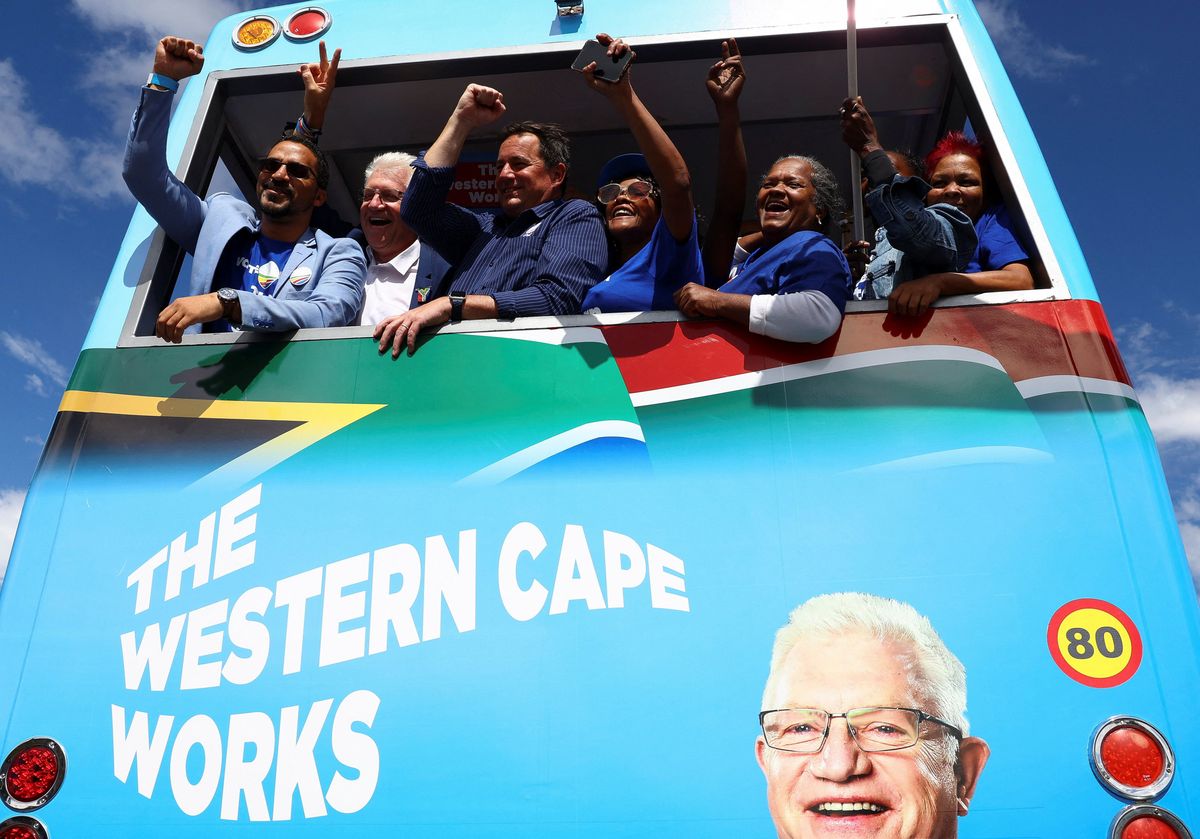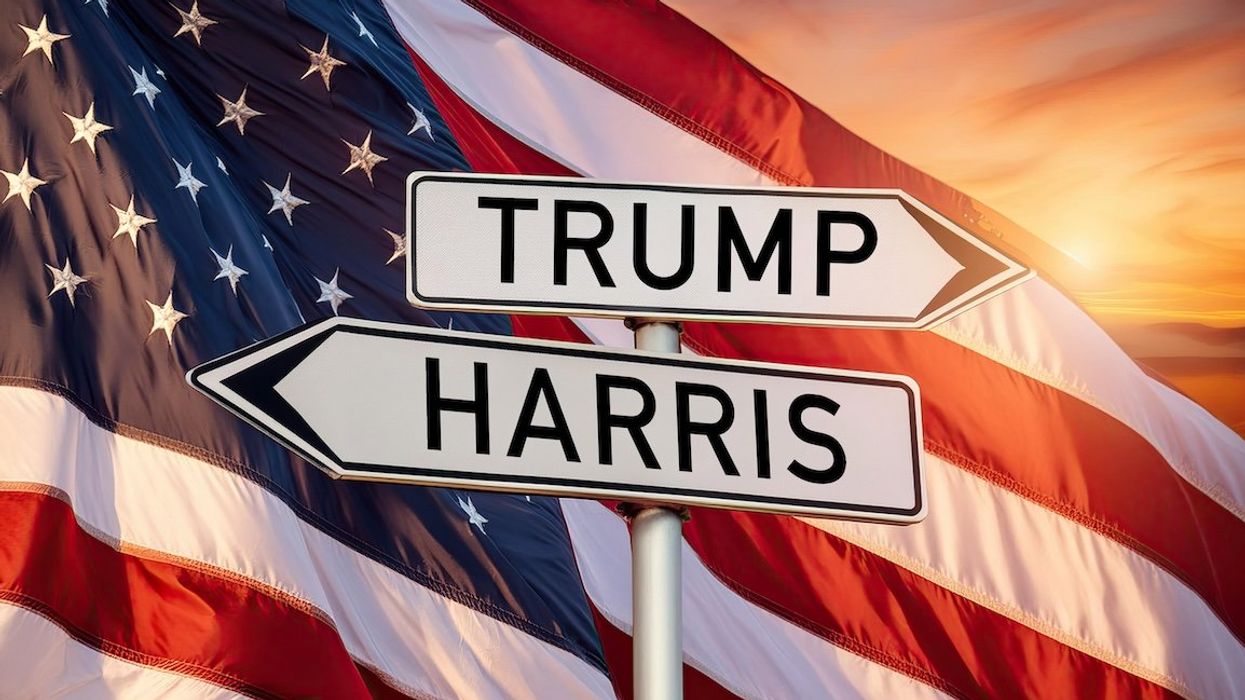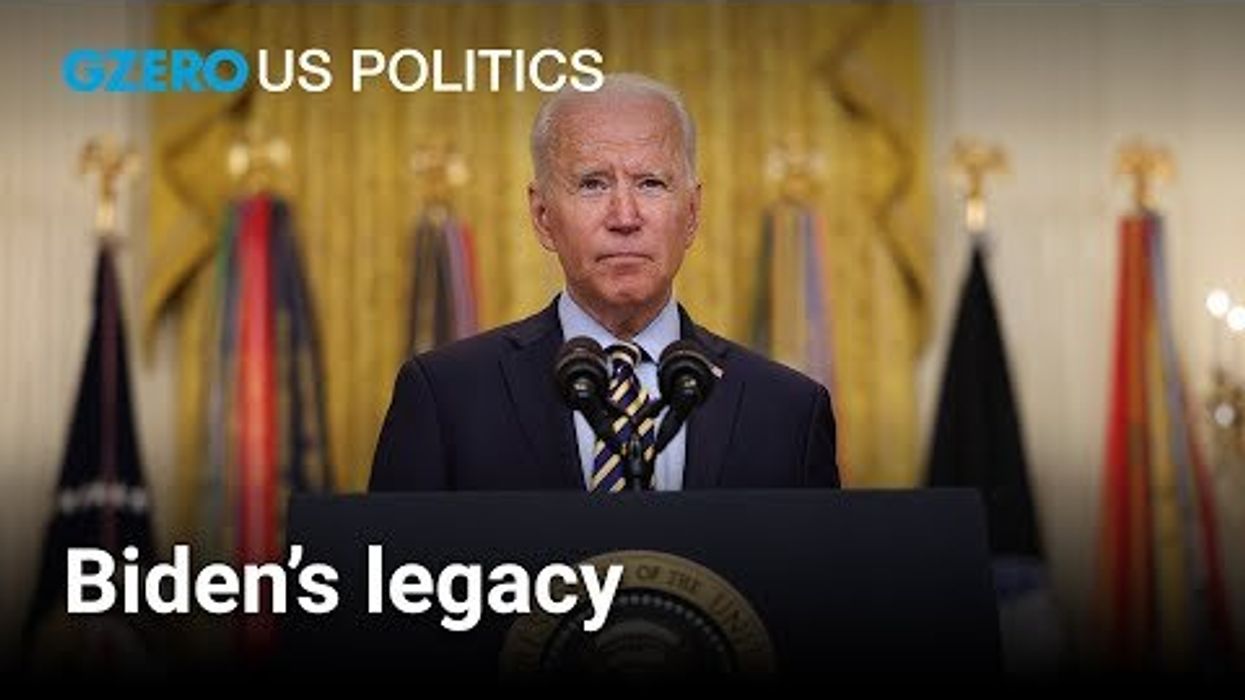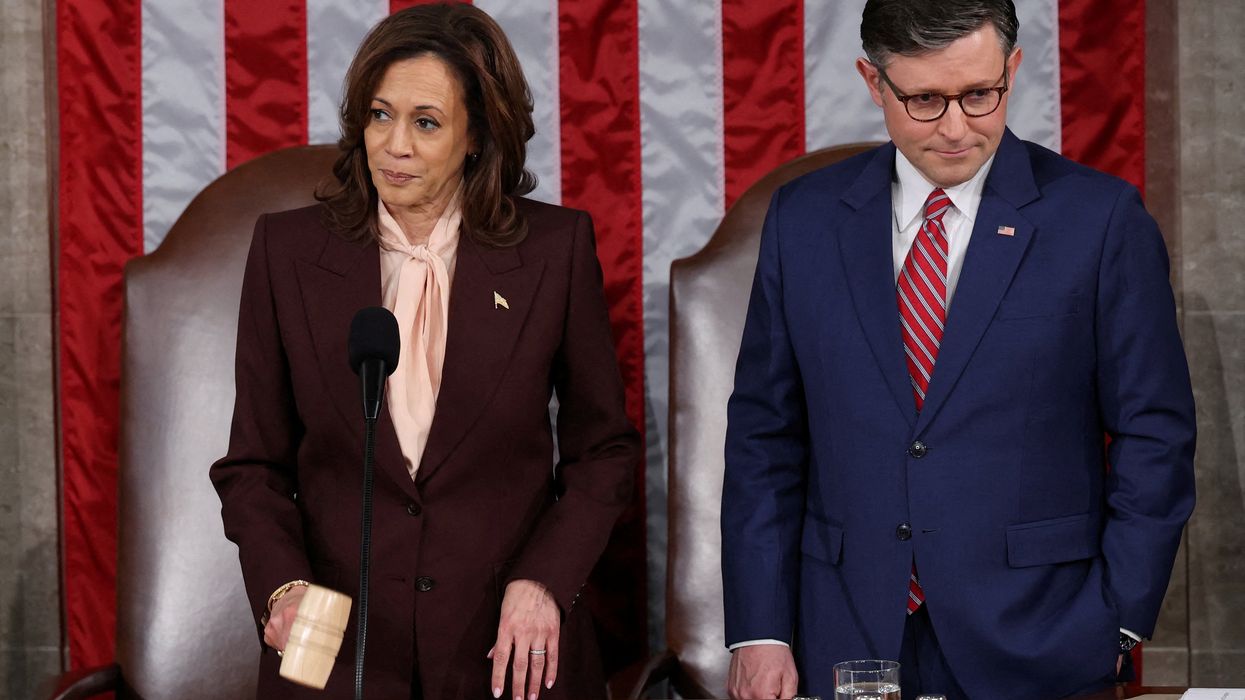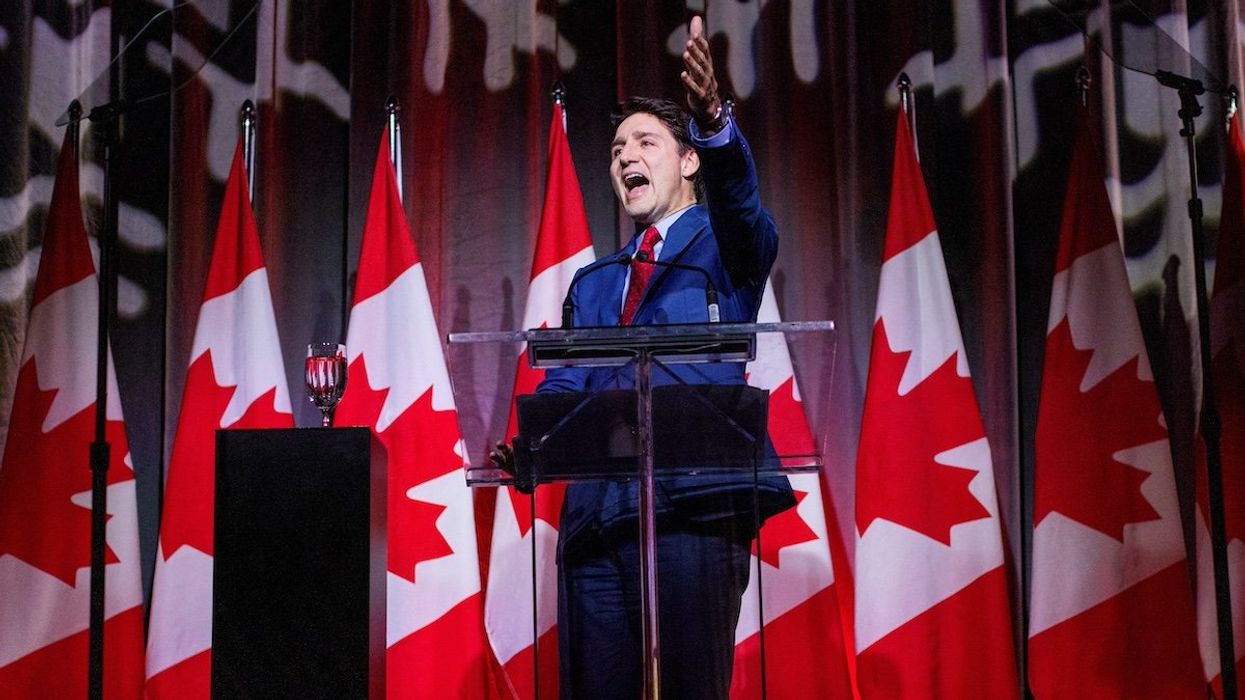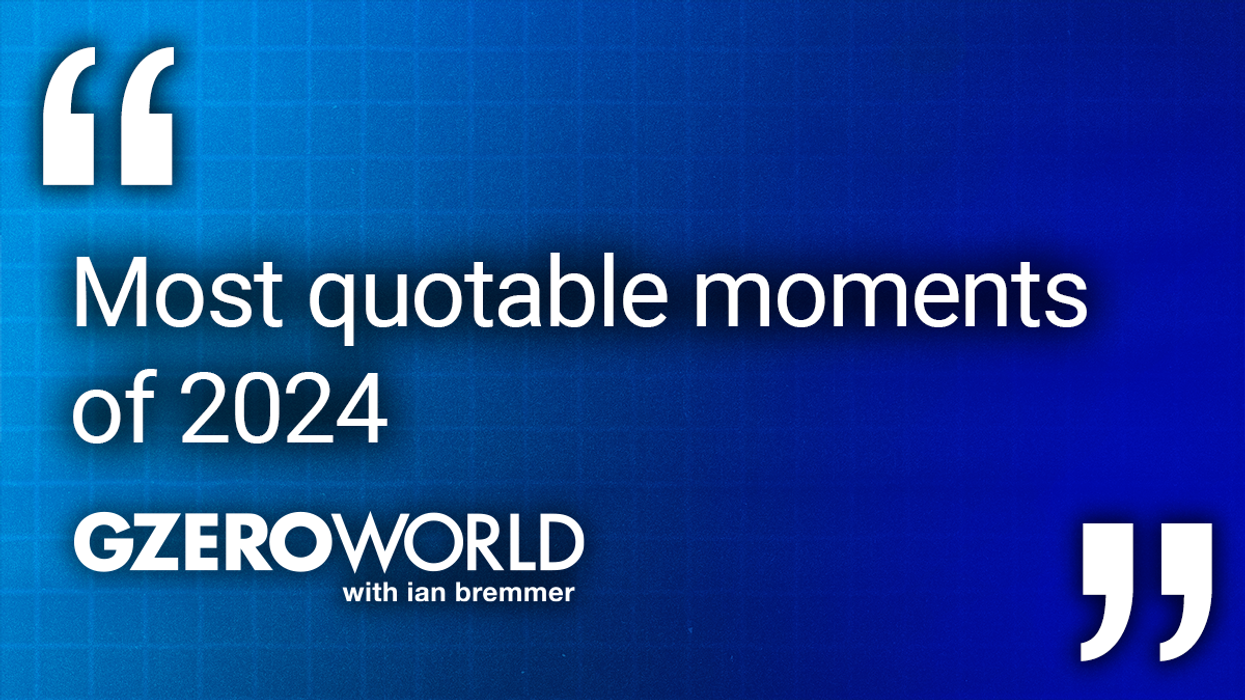South Africa’s President Cyril Ramaphosa announced that his country will hold a general election on May 29. Ramaphosa’s party, the African National Congress, is at risk of losing its parliamentary majority after ruling since post-Apartheid elections began in 1994.
The election will be a referendum on the ANC, which has been mired in controversy over record levels of crime, slow economic growth, unemployment, and rolling blackouts. Alongside the election announcement, the ANC bumped up social benefits in an attempt to raise polling numbers.
The ANC’s biggest rival, the Democratic Alliance, is trying to build a coalition of smaller parties to break the ANC's majority. The third biggest party, Economic Freedom Fighters, is not considering joining the opposition coalition and is eating into ANC’s support following its promise to double social benefits if elected.
Right now, opinion polls show ANC approval ratings below 50%. If this translates into votes, it will mean the ANC will have to form the country’s first-ever coalition government to keep Ramaphosa — a political protege of Mandela — as president for a second and final five-year term.
